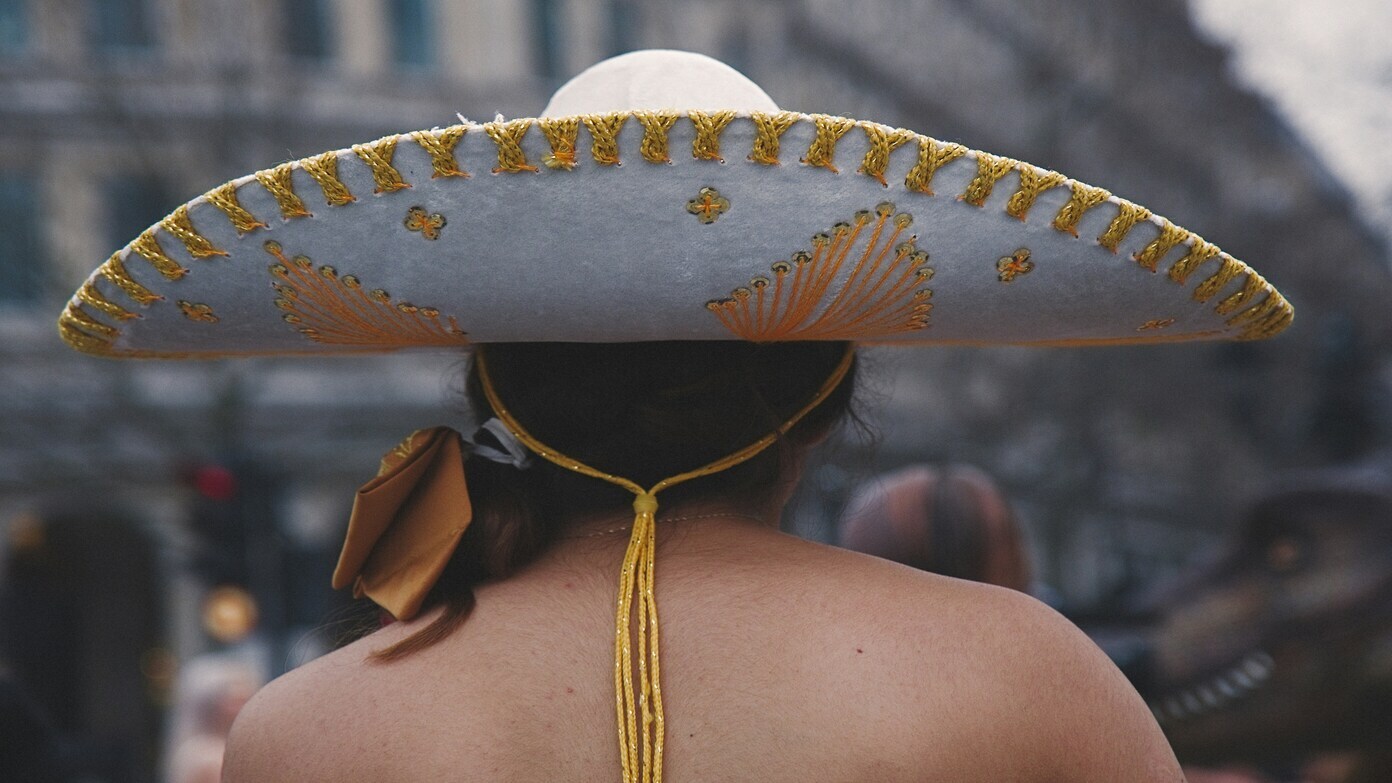A painful homecoming
For María Hernández, 65, returning to Mexico City after three decades in Los Angeles was supposed to be a peaceful new chapter. Instead, it became a nightmare. The money she worked tirelessly to save in the U.S. — a total of $27,135.20 — is now inaccessible after her bank, Chase, cancelled the transfer she made before leaving.
“I have nothing. I have nothing to hide behind. I’ve had depression, panic attacks, and anxiety,” María said tearfully.
She had moved back to Mexico on July 30, not because of fear or politics, but for family. “I didn’t return out of fear of Trump,” she explained. “I came back because my sister was very sick — between life and death. My only son is here, and my 15-year-old granddaughter hadn’t even met me.”
Decades of hard work in Los Angeles
During her 30 years in Los Angeles, María worked nearly every job imaginable. “I was a nanny, a dog sitter, I cleaned houses, sold tamales, and worked in a factory for 15 years,” she recalled.
She was also a passionate member of CHIRLA — the Coalition for Humane Immigrant Rights — where she fought for the rights of immigrants like herself.
Before she left the U.S., María went to Chase Bank, where she had opened a savings account in 2019. She requested a wire transfer of all her funds to her son’s bank account in Mexico. The process seemed successful, and she left with the official documents in hand.
But her joy didn’t last long. Once she arrived in Mexico City, she received a shocking message: the transfer had been cancelled.
Read this later: Four things you should know about the government shutdown – This will happen with Social Security payments of up to $5,108 during the month…
“I’ve called a thousand times”
María immediately tried to contact Chase Bank to understand what had happened. “I’ve called like a thousand times,” she said. “After more than an hour of questions, they told me the money is in my account, but I need to show up for verification. But how can I go to the United States if I don’t have papers?”
Her lack of immigration status means she cannot re-enter the U.S. legally, leaving her in a helpless situation.
She reached out to the Mexican Ministry of Foreign Affairs, hoping for assistance. But there, she was told they only serve Mexicans living abroad. Then she tried the U.S. Embassy in Mexico, only to be told they couldn’t help either.
Now, María feels trapped between two governments and one unresponsive bank.
Her life savings, now out of reach
“That money is the fruit of my labour,” María said. “Seven thousand dollars were from my savings, and $20,000 came from two legal settlements — one for an injury at the factory where I worked, and another from a car accident.”
She had planned to use part of that money to open a small business in Mexico and enjoy a simple, peaceful retirement.
“At first, I could take out small amounts — 119, 4,000, and 500 pesos — and I made some purchases for 1,000 pesos. But then Chase stopped letting me withdraw money or use the ATMs,” she said.
Now, all she can do is wait and hope. “I’m very sad and disappointed, not knowing what to do or who to turn to for help,” María added, her voice breaking.
Read this later: Will there be an announcement about the COLA adjustment on October 15? What is known about the possible delay in Social Security check.
Chase Bank’s response
A Chase spokesperson confirmed that they are aware of María’s case. “We are working to contact Ms Hernández Ortiz to help resolve the issue,” the statement read.
María has shared photos of the documents with reporters, proving she made the wire transfer before leaving Los Angeles.
A larger issue for immigrant workers
María’s case sheds light on a problem that affects many undocumented immigrants who return home after years of working in the U.S.
Since 2002, the U.S. Treasury Department has allowed undocumented immigrants to open bank accounts using the Matrícula Consular — an ID card issued by Mexican consulates in the U.S. These cards identify the holder as a Mexican citizen and are accepted by more than 100 U.S. banks.
Yet, as María’s story shows, even when immigrants follow the rules, they can face obstacles retrieving their hard-earned money once they leave the country.
For now, María waits in Mexico — anxious, frustrated, and heartbroken — for the day her savings are finally returned.
Read this later: Bad news for retirees as Government shutdown impacts 2026 COLA

